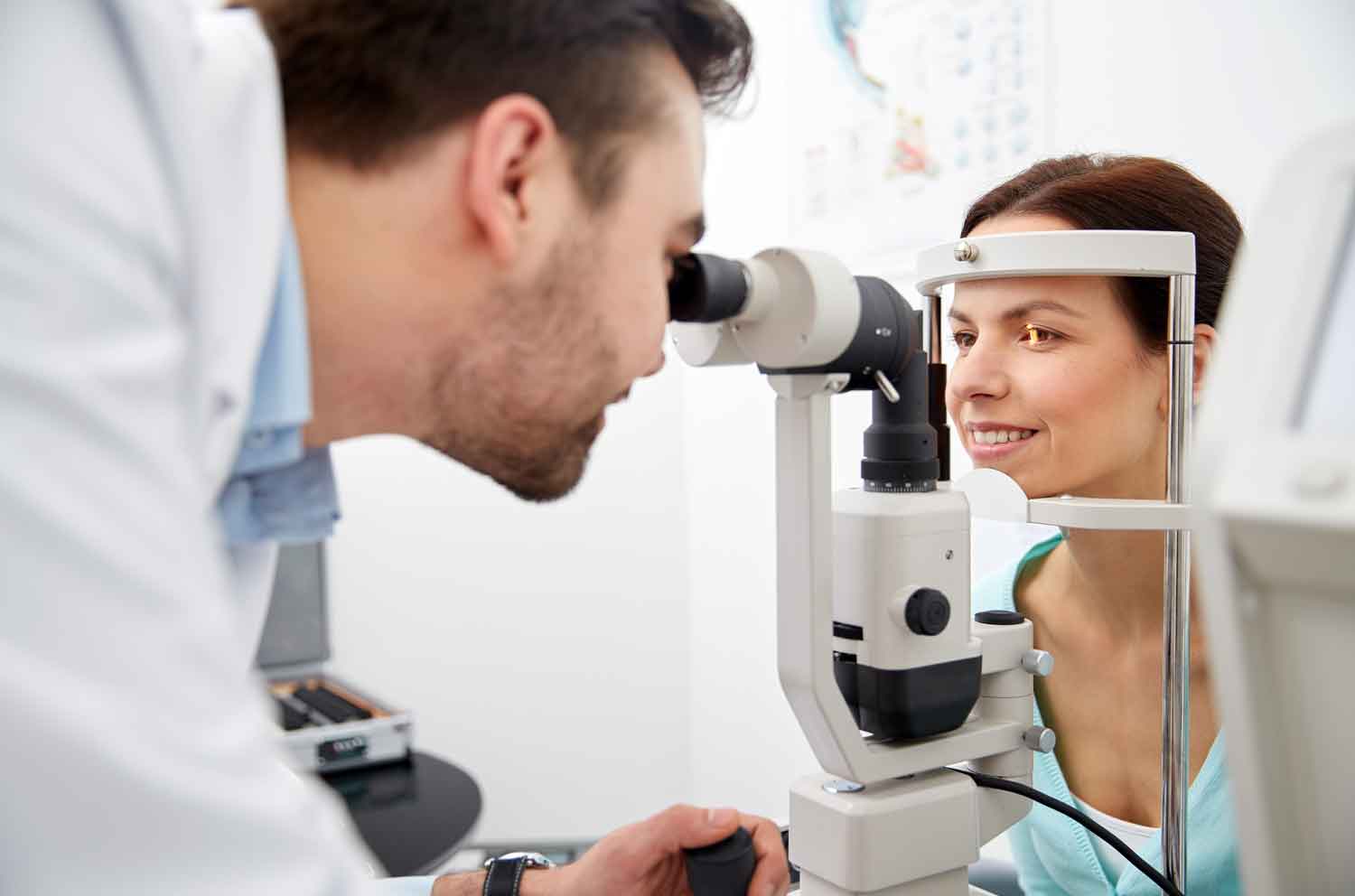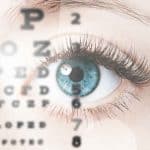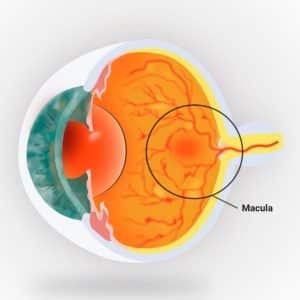
WHAT ARE THE SYMPTOMS OF DIABETIC RETINOPATHY?
Diabetic retinopathy is an eye condition that can cause vision loss and blindness in people who have diabetes. It affects blood vessels in the retina (the light-sensitive layer of tissue in the back of your eye).
The early stages of diabetic retinopathy usually don’t have any symptoms. Some people notice changes in their vision, like trouble reading or seeing faraway objects. These changes may come and go.
In later stages of the disease, blood vessels in the retina start to bleed into the vitreous (gel-like fluid that fills your eye). If this happens, you may see dark, floating spots or streaks that look like cobwebs. Sometimes, the spots clear up on their own — but it’s important to get treatment right away. Without treatment, scars can form in the back of the eye. Blood vessels may also start to bleed again, or the bleeding may get worse.
Diabetes can also make you more likely to develop other eye conditions.
Diabetic retinopathy is the most common cause of vision loss for people with diabetes. But diabetes can also make you more likely to develop several other eye conditions:
- Cataracts. Having diabetes makes you 2 to 5 times more likely to develop cataracts. It also makes you more likely to get them at a younger age.
- Open-angle glaucoma. Having diabetes nearly doubles your risk of developing a type of glaucoma called open-angle glaucoma.
Am I at risk for diabetic retinopathy?
Anyone with any kind of diabetes can get diabetic retinopathy — including people with type 1, type 2, and gestational diabetes (a type of diabetes that can develop during pregnancy).
Your risk increases the longer you have diabetes. Over time, more than half of the people with diabetes will develop diabetic retinopathy. The good news is that you can lower your risk of developing diabetic retinopathy by controlling your diabetes.
Women with diabetes who become pregnant — or women who develop gestational diabetes — are at high risk for getting diabetic retinopathy. If you have diabetes and are pregnant, have a comprehensive dilated eye exam as soon as possible. Ask your doctor if you’ll need additional eye exams during your pregnancy.
If you have diabetes, it’s very important to get regular eye exams. If you do develop diabetic retinopathy, early treatment can stop the damage and prevent blindness. Have additional questions about diabetic eye care? Schedule a consultation with an Eye Associates of South Texas ophthalmologist today.

 Previous Post
Previous Post Next Post
Next Post


